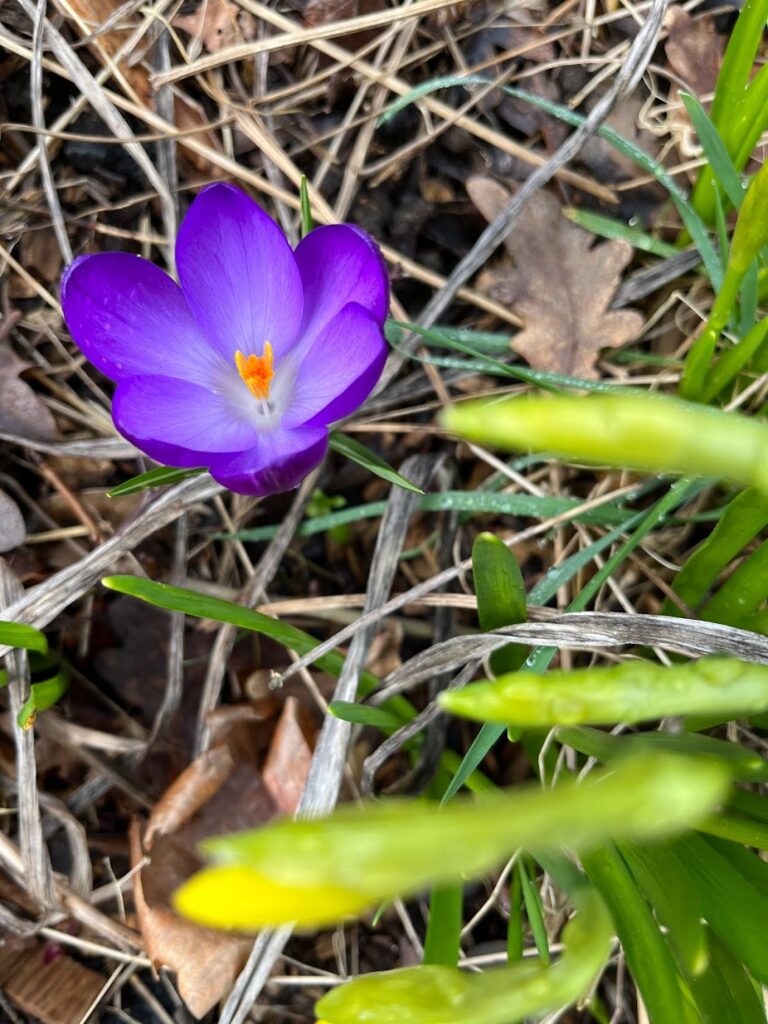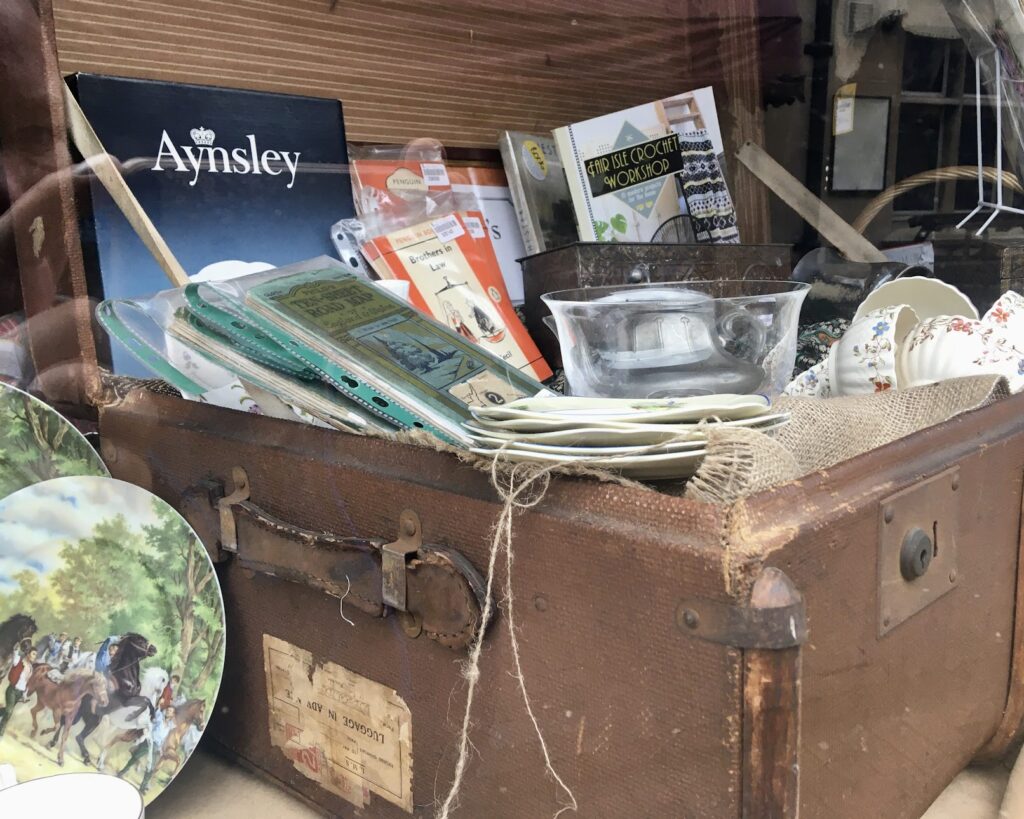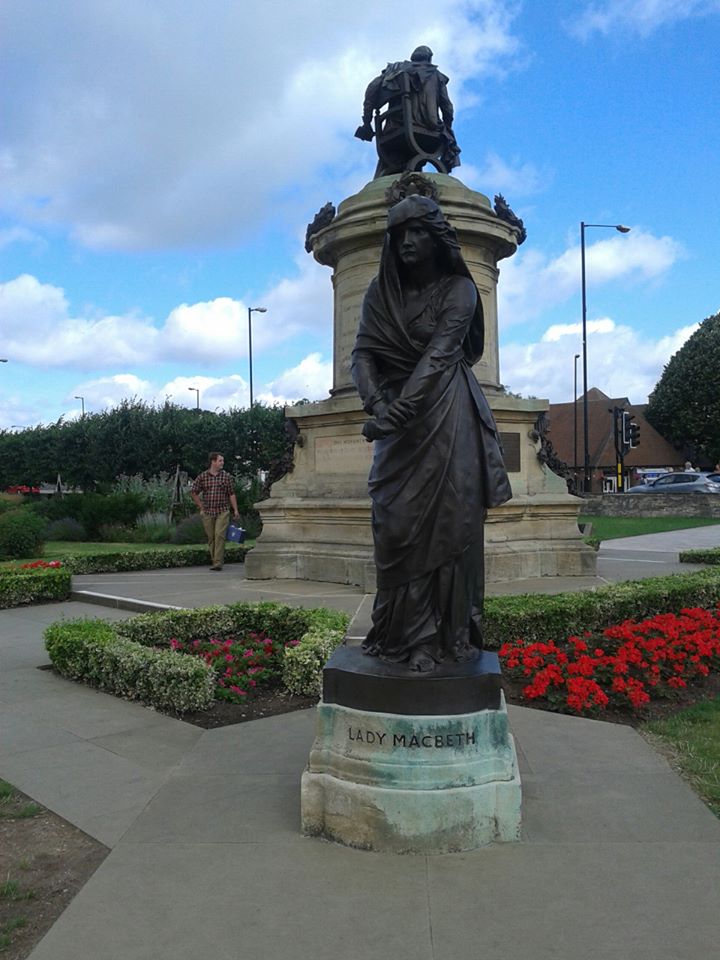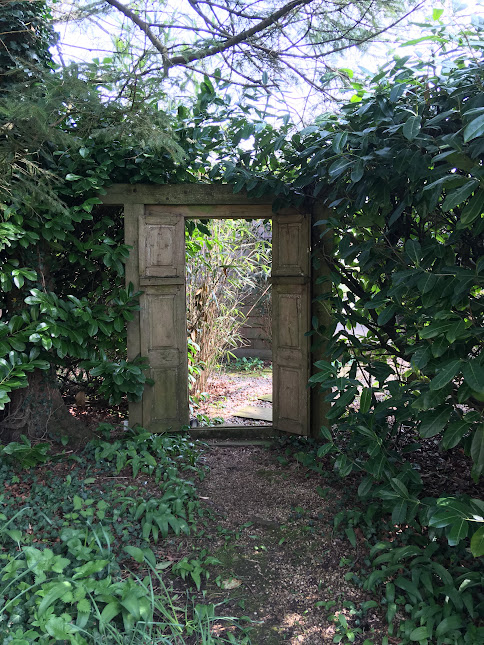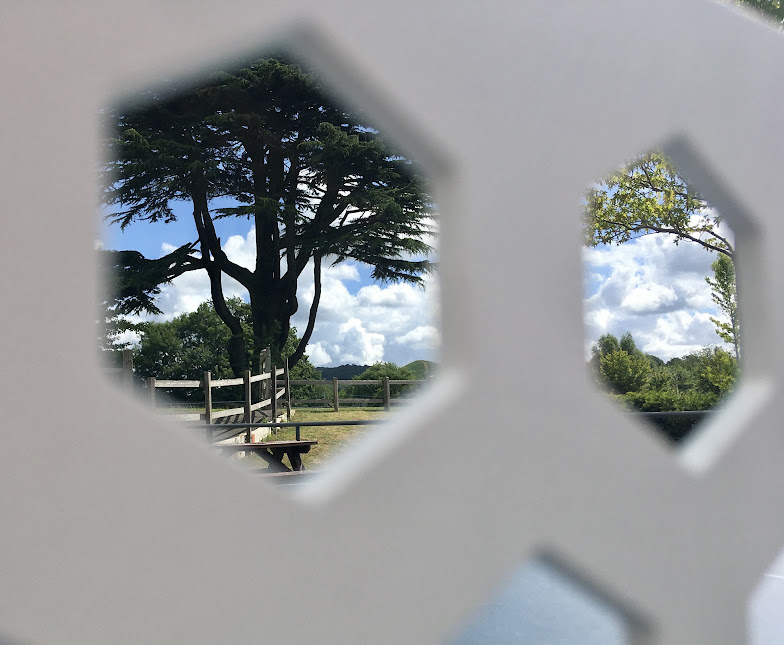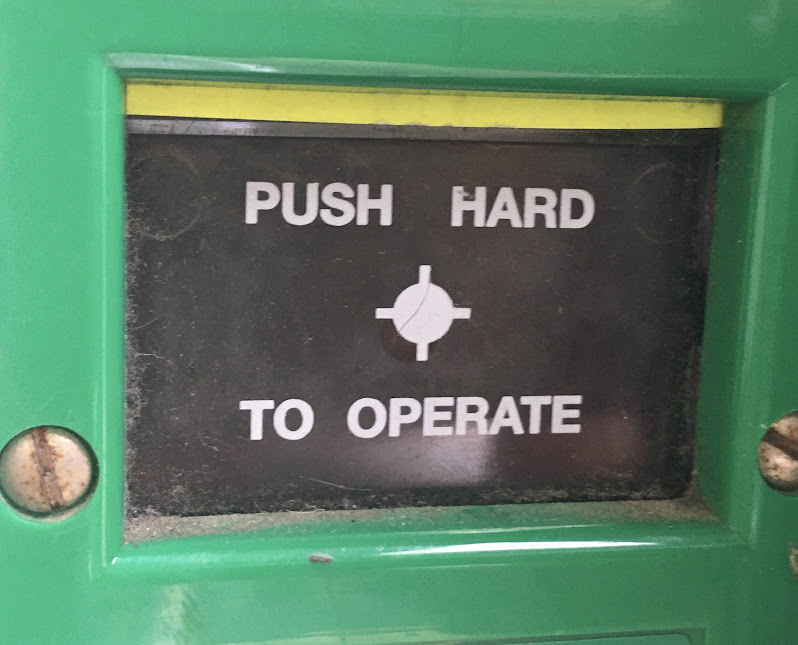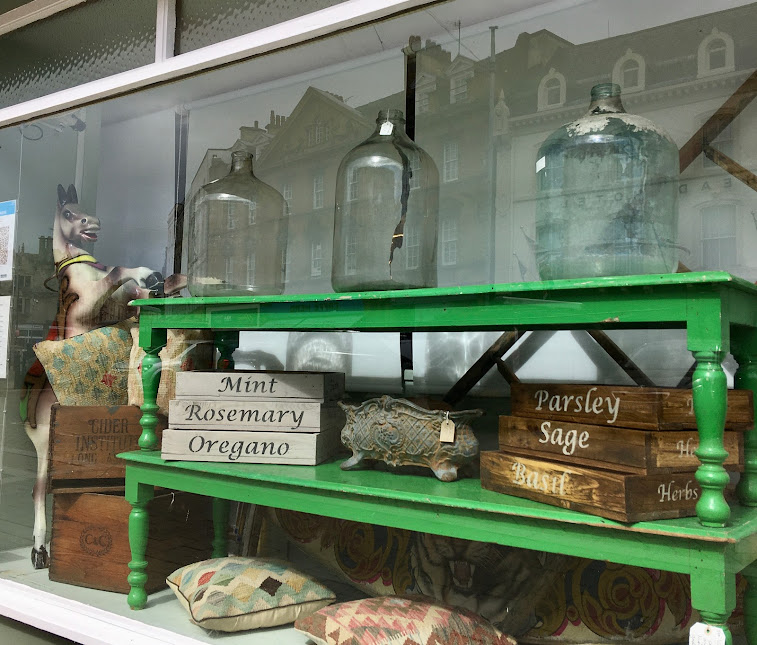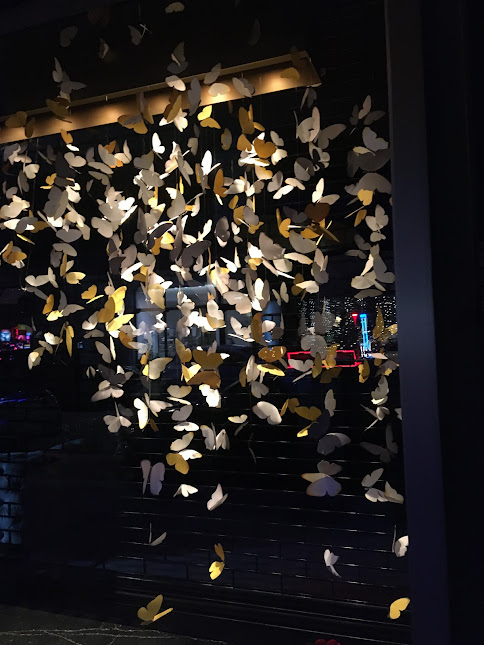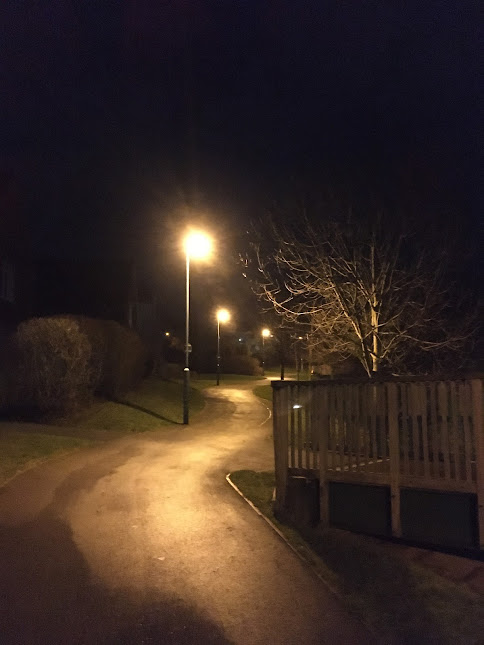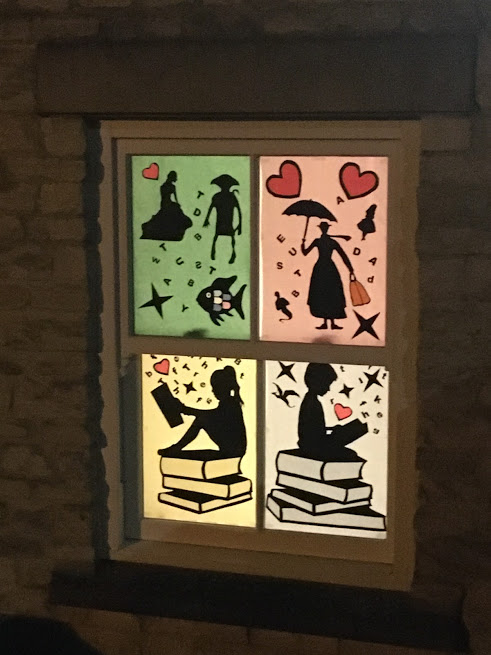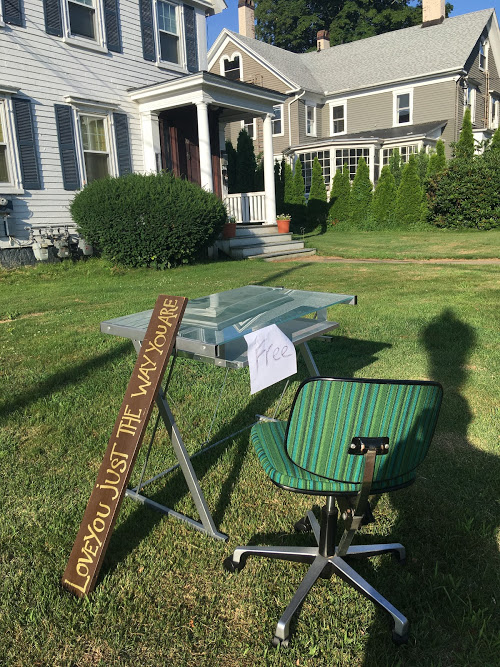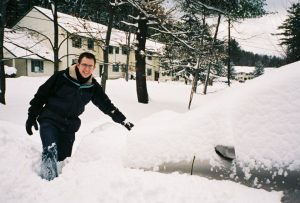This Week’s Bit of String: A pestilence of Shoulds
Do you ever imagine your abstract stresses as actual creatures? I find it makes them more grapple-able.
Lately, the word should is plaguing me. If it came to life, I think it would be a multi-legged trudger, low to the ground with clinging claws. It would blast out barks: Should! Should! and be a right pest.
My mind gets infested by Shoulds, particularly in the summer. During term-time, there’s little question about what I have to do. There’s work, there’s squeezing in chores and writing deadlines and exercise and family commitments around that. But if I get time to myself, I’m overrun with quarrelling Shoulds. The guilt of leaving things undone becomes weightier, because what excuse do I have?
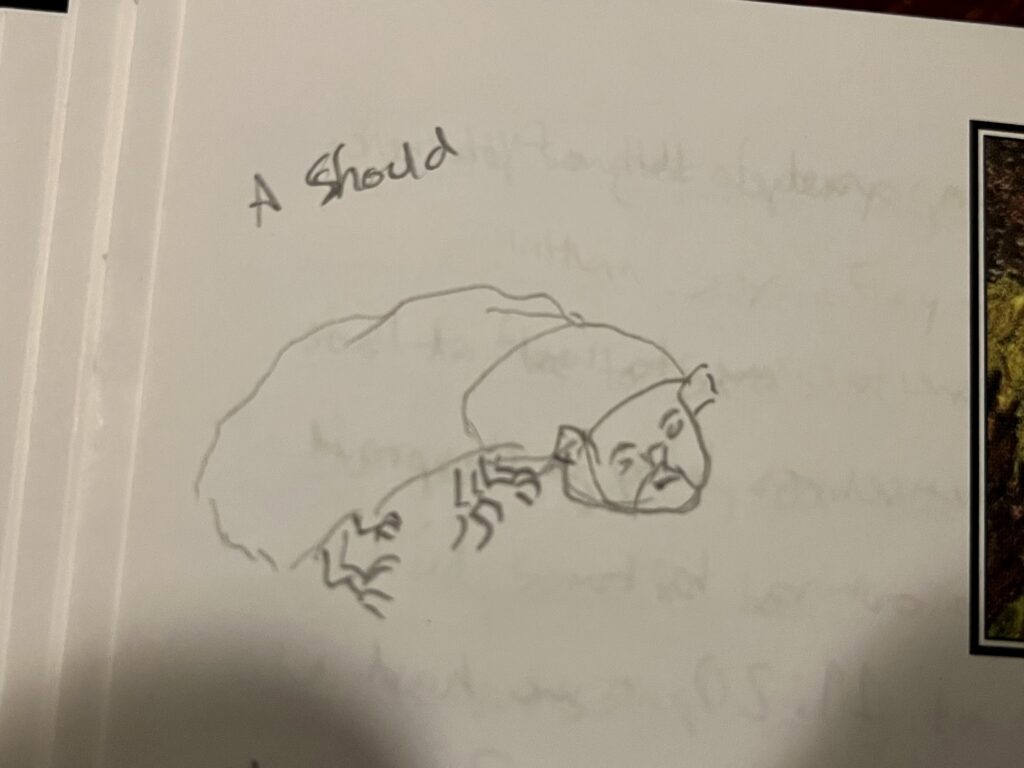
You should be writing, a voice in my head says quite frequently. Editing my novel, inventing a whole new book, polishing and submitting short stories, putting effort into a Twitter presence—I should be working on all those things.
But there’s also the cluttered house, and my garden in a riotous bid for attention, and the thought that there’s no time like the present to get extra exercise and stretches in, should I be attempting some sort of social life, and actually, what if I caught up on sleep and reading; shouldn’t that benefit me in the school year?
If I created a word cloud based on my thoughts, the biggest word in it might be should—apart from family member’s names maybe, and definitely the cat and probably, embarrassingly, peanut butter (the latter accompanied by the phrase “should absolutely not eat anymore of it today…”)
‘Tis the Season
For most of my summer, I go to my family overseas. There are wonderful little vacations encased in this, but home time has a serious intensity to it so that I bristle if it’s called a holiday.

As an immigrant, my herd of Shoulds has extra directions to pull me in. And the limits of time give their claws an extra sharpness. It’s super important to me that I help out my parents and siblings and child while I can see them, but that we also make fun memories, and keep my husband entertained since it is, in fact, his vacation, and that I get moments to feast my senses on the mountains and lakes and rivers of home—all while keeping up with writing and exercise. So the Shoulds run rampant.
Without my teaching assistant job playing the alpha role among the Should herd, it’s hard to figure out which Should is in charge. Each seems quite as demanding as the others. Yes, I should dig into writing, but think how bad the weeds will be if I leave the garden any longer. And have I really recovered my strength enough for a new term—maybe I should spend an afternoon lying around reading.
The Long Game
The word should is rooted in debt and guilt. Any argument I come up with against one therefore sounds like an excuse to shirk. Which Shoulds can we allow ourselves to ignore?
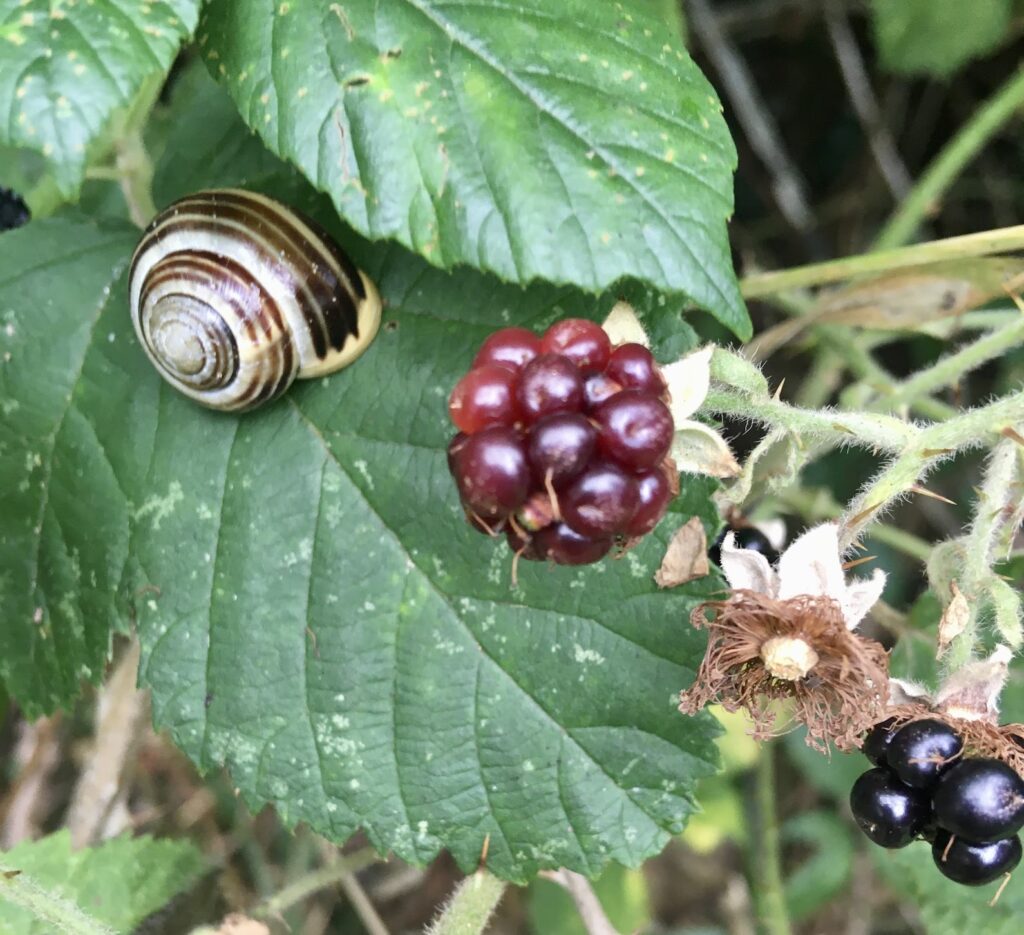
I’ve tentatively decided one thing. I’m not ready for another deep edit of my Eve novel yet. I’m too frustrated now. I’d have her jumping up and down by the third paragraph shouting “Read me, fools!” like she’s Maleficent or something. I need time to think before the next edit and submission rounds. Maybe I’ll have mulled it enough by next weekend, maybe I’ll leave it for half-term or even next summer.
You know what I ended up spending lots of time on for the end of my break? Foraging. I turned myself into a scrappy little squirrel to combat my scruffy little Should flock. I walked the lanes for hours picking blackberries and elderberries, and cooked them together into jam. With its murky elder depths, I’m hoping it will ward off winter colds. Nothing leaves you helpless at the stubby, plodding feet of a Should herd the way illness does! So maybe I’ve played my priorities right. We’ll see.
What do you do when pestered by Shoulds?

